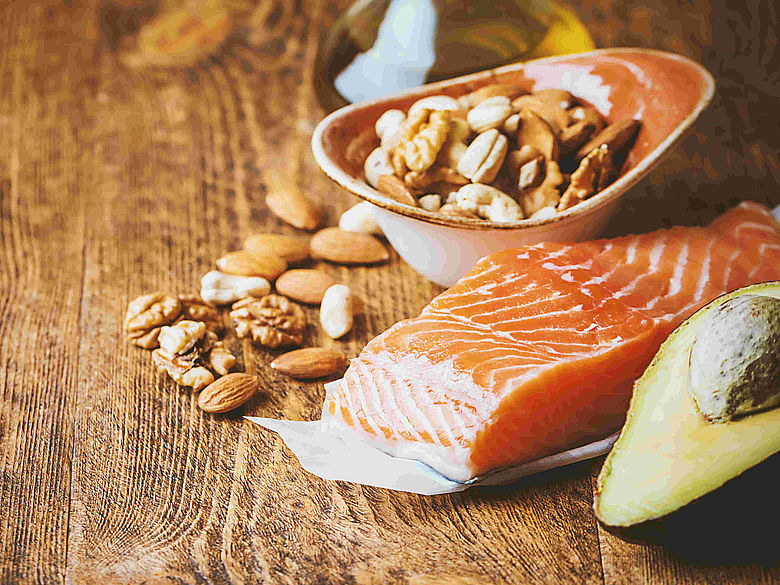Fat is an essential part of our diet and is crucial for nutrient absorption, hormone production, maintenance of hormone function and protection against cardiovascular disease. Fats are broken down into saturated fat, unsaturated fat and trans fat. Is all fat equal? What types of fat should we be consuming? Let's discuss!
- Saturated Fat. Saturated fat is primarily found in animal products and highly processed foods e.g. butter, cheese, cakes, fried food and fast food. Saturated fat is linked to an increased risk of heart disease. We recommend no more than 10% of your daily calories coming from saturated fat.
- Unsaturated Fat. Unsaturated fats are primarily found in plant or fish sources. They can be broken down further into monounsaturated and polyunsaturated. Monounsaturated includes olive oil, nuts and avocado. Polyunsaturated fat is your omega-3 and omega-6 which includes fish and vegetable oils. Omega-3 and Omega-6 are essential fats that must be consumed as they cannot be made by the body. When we look at the western diet, omega-6 deficiency is very rare as it is found in many of our foods whereas omega-3 is less commonly consumed. Therefore omega-3 should be prioritised in our diet to avoid deficiency. Fish, chia seeds and flaxseeds are great sources of omega-3.
- Trans Fat. Trans fats can be found naturally but also occur when hydrogen is added to an unsaturated fat which makes it become solid at room temperature. It is essentially a ‘man-made’ fat which should be avoided in our diet. Trans fats increase the ‘bad’ LDL cholesterol in our blood while decreasing the ‘good’ HDL cholesterol which drastically increases risk of heart disease.
The bottom line. Fat is essential for optimal health and the type of fat does matter. When working with clients we always ensure fats are set at a level that allows for optimum hormonal health. This is crucial, particularly when in a calorie deficit. Aim for the majority of your daily fat to come from unsaturated fat and no more than 10% from saturated fat.

